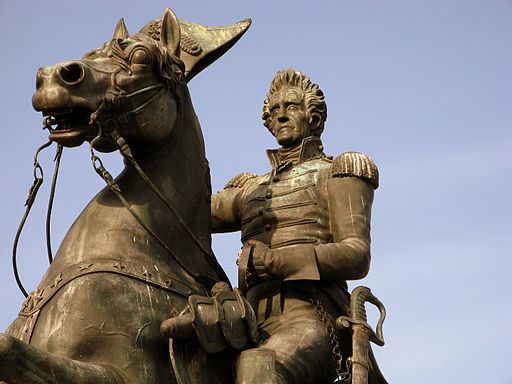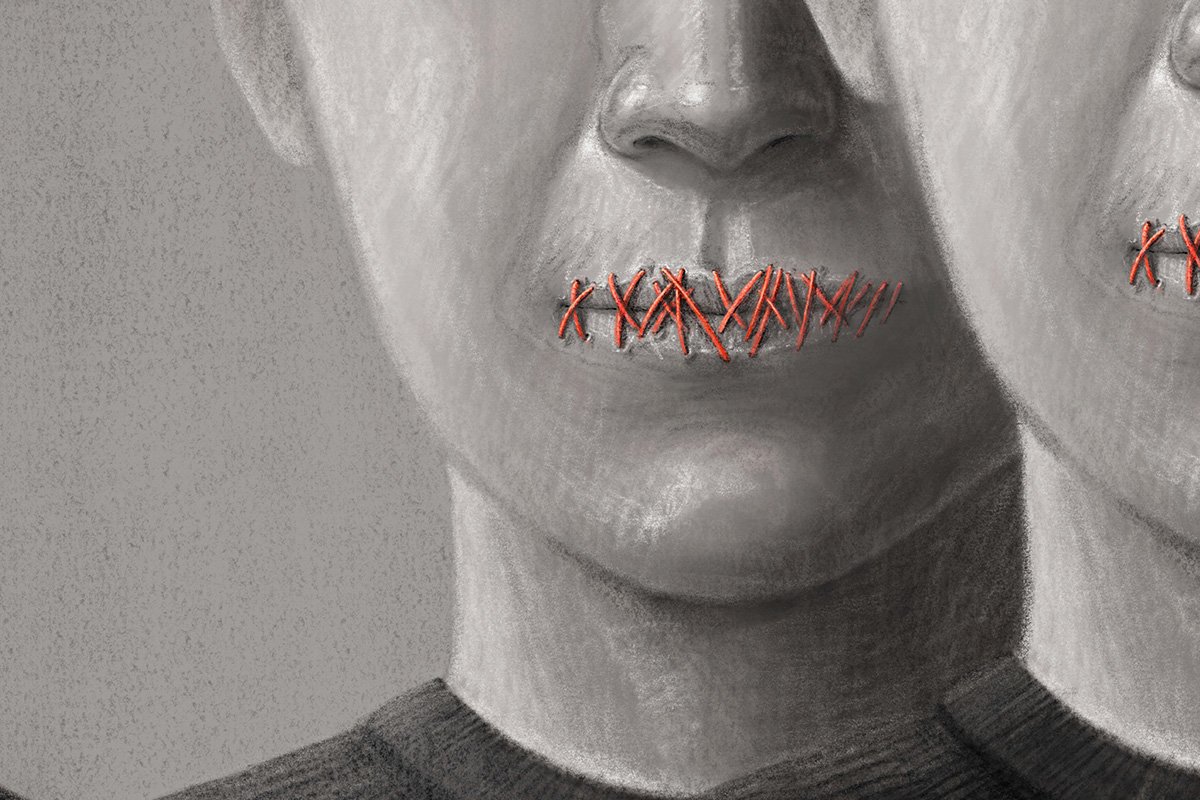
May 1, 2017; Washington Post
In a podcast interview with the Washington Examiner interviewer Salena Zito on Monday, President Trump noted that his presidential race against Hillary Clinton has been compared to the vitriolic race between John Quincy Adams and Andrew Jackson in 1828. The comparison is apt, and Trump is known to admire President Jackson. Then, he put his proverbial foot in his mouth:
I mean had Andrew Jackson been a little later you wouldn’t have had the Civil War. He was a very tough person, but he had a big heart. He was really angry that he saw what was happening with regard to the Civil War, he said, “There’s no reason for this.” People don’t realize, you know, the Civil War, if you think about it, why? People don’t ask that question, but why was there a Civil War? Why could that one not have been worked out?
This garbled statement is not Trump’s first historical blunder, and more informed Americans were quick to point out (among other things) that President Jackson died in 1845, more than 15 years before the Civil War broke out. But this isn’t another reason to mock the president, tempting as it may be; it’s an opportunity to think about what he doesn’t know, why he doesn’t know it, and how that lack of historical knowledge—which we all know isn’t confined to the White House—affects the decisions made by people who shape our national policy and conversation.
President Trump might be shaky on the dates of Jackson’s tenure, but he admires Jackson’s conflict resolution skills, noting in particular the Nullification Crisis of 1832, when Jackson sent troops into South Carolina to enforce federal tariff measures. Trump likewise promoted himself as a populist and a hardline “dealmaker” in his campaign. Over the past week, Trump has bragged about his ability to negotiate with Egyptian president Abdel-Fattah el-Sisi, Filipino president Rodrigo Duterte, and other leaders viewed with skepticism by the global community. What he fails to understand, and what a history lesson might teach him, is that dealmaking in government isn’t always a final or a good solution.
Sign up for our free newsletters
Subscribe to NPQ's newsletters to have our top stories delivered directly to your inbox.
By signing up, you agree to our privacy policy and terms of use, and to receive messages from NPQ and our partners.
The Civil War is a dramatic illustration of dealmaking’s failure. From the Three-Fifths Compromise that gave us the U.S. Constitution to the Kansas-Nebraska Act in 1854, says Yoni Appelbaum, “the first century of American history…can be told through the long litany of deals struck by strong leaders working to suppress, or at least delay, open conflict over slavery.” The clash between visions of America’s future economy, and the irreconcilable moral values of its two halves, could not be solved by perpetual delay. “Sometimes it is striking a deal which weakens a nation,” said Appelbaum. “Some deals should not be struck.”
There are plenty of cans being kicked down the legislative road in the current Congress; none will likely lead to war, but history teaches us that someone eventually has to deal with the contents, and the longer the wait, the bigger the problem.
As for the half-dozen deals that were struck over slavery before the Civil War broke out, most American students would likely be unable to name them. The 2010 National Assessment of Educational Progress found that less than a quarter of American students had a “proficient” knowledge of history. This isn’t new, either; the New York Times lamented in 1943 that only 22 percent of students could identify why Abraham Lincoln was important. Despite the aphorism that “history repeats itself,” most Americans won’t know the repeat when they see it.
There are more than governing lessons to be had from knowledge of history. The United States has had 150 years to debate the cause of the Civil War, and historians are now collecting around a consensus that slavery, rather than states’ rights, was the cause. Admitting this outright is a key part of understanding the legacy of privilege, institutionalized racism, and white supremacy that pervades the United States today.
Shouldn’t understanding these things—the long-term consequences of governance and strategy, the legacy of national institutions—be something we demand of everyone who holds public office? Shouldn’t we insist that our students, not less than our leaders, be able to identify patterns and historical forces that repeat themselves? The miseducation of Donald Trump may be, not a joke for Civil War buffs, but a reminder to Americans that history bears watching the first time around.—Erin Rubin











